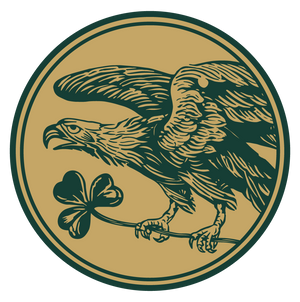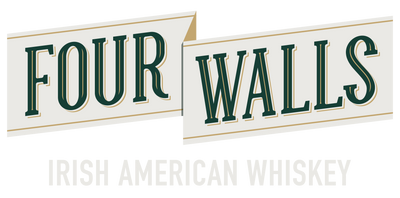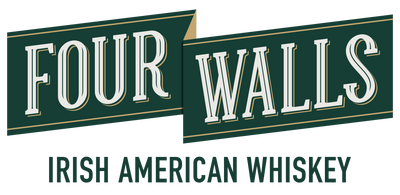Remembering the City Tavern for Independence Day

It’s easy to say that bars are important, but the question is how important?
Well, there’s one that that was so significant that even the US Government has to concede its value. I thought it would be fun to talk about it on the 4th of July.
The bar in question was called the City Tavern, located in Philadelphia, a stone’s throw from all the other important buildings that played a role in our nation’s founding. Established in 1773, the City Tavern was elegant for its time, featuring a dining hall upstairs and a restaurant and bar on the ground floor. It prepared fresh food and served a variety of booze, especially rum, brandy, beer, and wine. More importantly, though, it offered booth-style seating and small rooms where conversations could be discreet.


Shortly after its opening, members of the First Continental Congress began meeting there to have these discreet conversations. John Adams, who called the place the most “genteel” tavern in the country, was a frequent guest, as were many others. This is where the Founding Fathers shaped their plans for a new political system, not over a book of philosophy but over a pint.
When the Second Continental Congress convened in May of 1775, members began meeting up at the City Tavern every Saturday, and eight of them, including John Adams and Benjamin Franklin, dined there every day at the same large table.
In our history books and in most paintings and movies about the founding of our country, the activities always take place at either Carpenter’s Hall or Independence Hall. And to be sure, these stately buildings are where votes were cast and documents were signed. But the real action took place at the City Tavern. Political differences were argued over a dram of rum and a glass of Madeira wine. Real negotiations happened at a bar, not at a meeting hall.

Once the dust from the Revolutionary War had settled, the Founding Fathers still had work to do – they had to build our government. For almost four months, the delegates convened in Philadelphia to write the US Constitution. As before, they wrangled, negotiated, argued, and bickered until finally, on September 14, 1787, they had a draft they all agreed on. That night, a Friday night, they put down their quills and picked up their glasses. Once again, they retired to the City Tavern, where they threw the rager to end all ragers.
The harried tavern owner's receipts show how much these guys could drink. In one night, 55 of our most notable Americans went through 114 bottles of wine (Madeira and Claret), 34 bottles of beer, eight bottles of cider, and seven large bowls of rum punch – 45 gallons of booze. They smoked cigars, listened to a 9-piece band, and got rowdy (the bill notes charges for broken wine glasses and other glassware). It took them three days of sobering up before they could all sign the Constitution, but sober up they did, and our unique system of government was formalized.
In 1854, a fire gutted the historic tavern, and it was eventually demolished. But then, in 1948, the US National Parks Service decided to build an identical copy of the City Tavern in the exact spot and with the exact same measurements as the original. Completed just in time for the nation’s bicentennial, the City Tavern gave a glimpse of what life was like two centuries ago and helped tell the real story of our nation’s founding.
In 1994, Walter Staib, an internationally known chef specializing in colonial cuisine, opened a restaurant in the building. Staib, rabid about historical exactitude, served the same type of dishes with the same ingredients that Franklin or Adams would have been noshing on. He even used replica pewter ware and dishes.

But for me, the hidden gem was the bar, which was exactly like the one that would have been serving George Washington or John Hancock. Staib even offered the same types of beer, wine and cocktails as the real City Tavern did in 1773. It was a rum-colored look into what drinking in the colonies would have been like.
Sadly, the City Tavern restaurant could not survive pandemic closures and shut permanently in 2020. Though the Park Service is looking for another publican to run an eatery there, I doubt it will ever be as authentic as the one Walter Staib built.

But ultimately, what’s important is to remember that taverns were crucial in creating our country. Places like The City Tavern served more than just drinks—they also served as meeting places for early Americans who looked to break the bonds of tyranny and forge a new system of government.
This Independence Day, raise a glass and give a nod to all those early bars that dotted the colonies and helped start a revolution.
- Tags: Bars Sorry We're Closed



